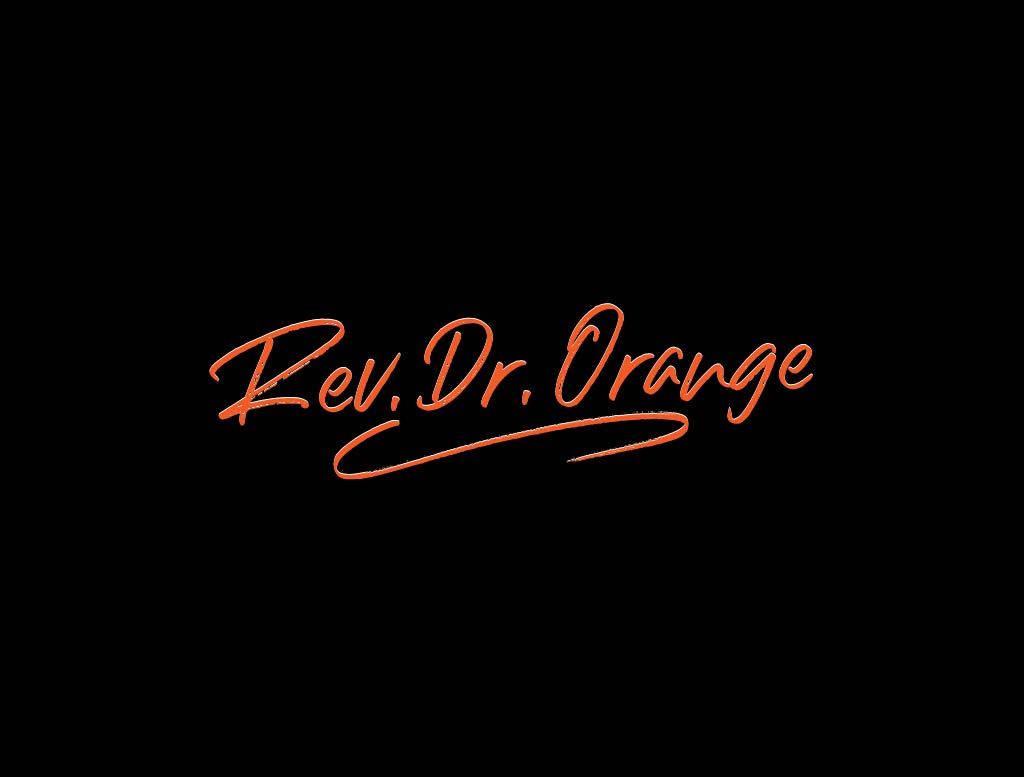Characteristics of Closed Systems
In both my life and work, I have worked with, belonged to and encountered a variety of organizational systems. Unfortunately, in that time I have experienced a number of closed systems. Closed systems are by nature unhealthy, even if they or others believe them to be healthy. There are a variety of markers and characteristics of closed systems, but there are three I have seen more frequently than others.
Closed Systems Struggle with Negative Feedback
Closed systems are defensive, even arrogant sometimes. They struggle to hear negative feedback and often ignore it, take it personally or attack the one offering feedback. They often claim to value feedback but ultimately fail to hear it. In the rare cases where they receive feedback well, it is often something obvious and universal.
Closed Systems are Suspicious
Closed systems are suspicious. Suspicious of new people, outsiders, new ideas, new approaches. They are often unwelcoming, perhaps even judgmental. They often lack cultural experience outside of the cultural norms of their system and community.
Closed Systems Value Honor over Honesty
Closed systems focus on keeping the peace and maintaining the system. Self-preservation not growth and effectiveness are more important. They want their beliefs, practices, systems and culture to be honored and not challenged. They prefer to keep the peace of the system over honesty that might lead to greater health, healing and effectiveness.
Closed systems are comfortable, but they are not healthy. Where do you see or experience closed systems?
